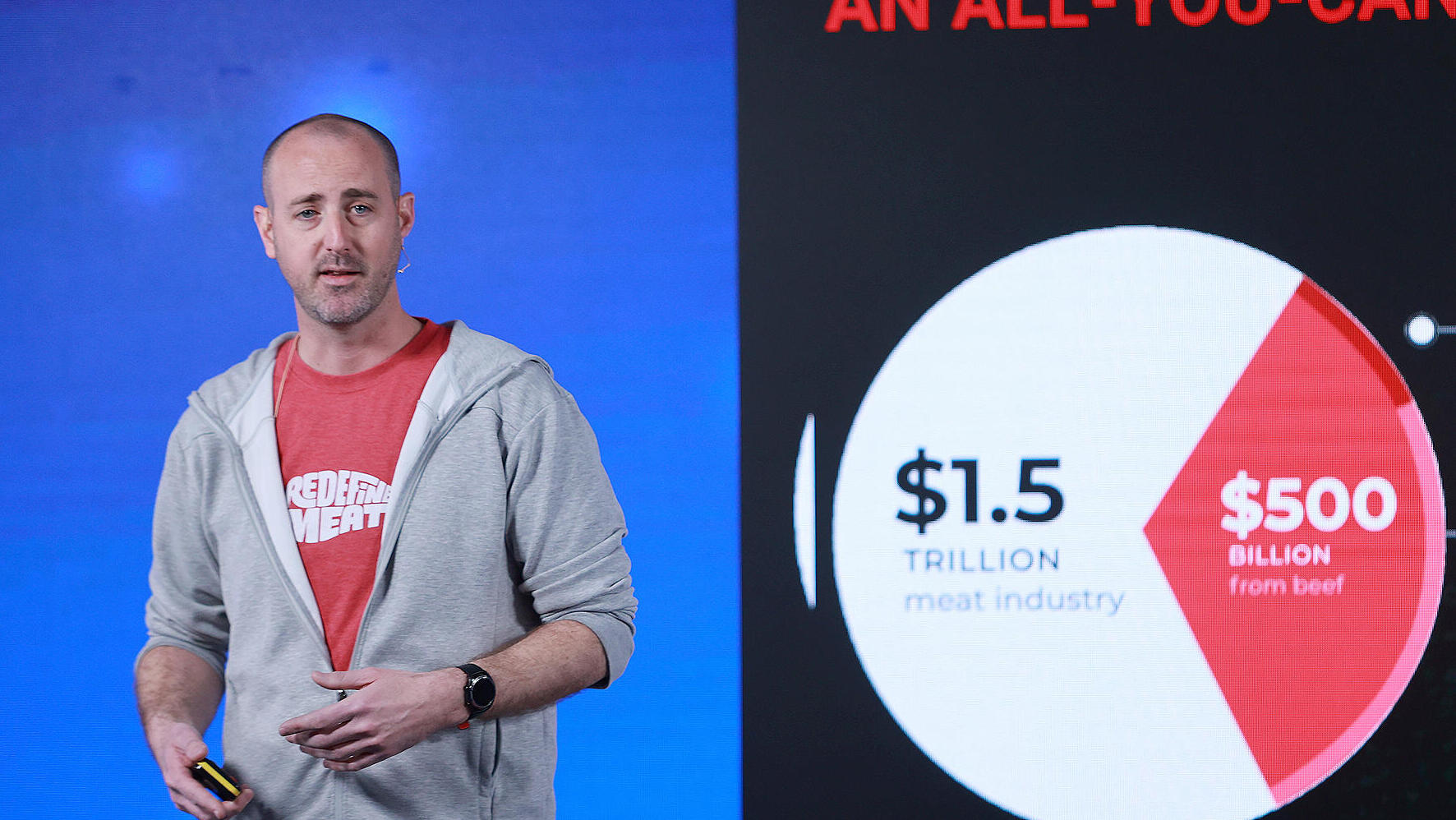18:25
Tomorrow.io raises $175 million at over $1 billion valuation to build AI-driven weather satellite network
15:30
Cyber startup Orion raises $32 million Series A backed by IBM for AI-driven data-leak prevention
15:08
Full list of Israeli startup M&As in 2026
15:05
Medtronic to acquire Israeli AI cardiology firm CathWorks for $585 million, deal could reach $1 billion
















